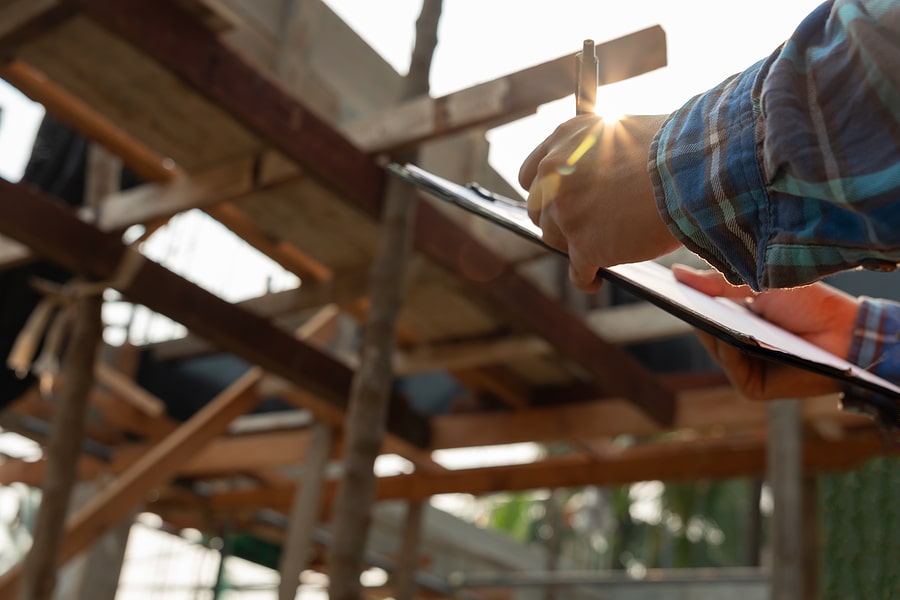A 7-Step Comprehensive Guide to New Construction Inspections
Embarking on a new construction project is an exciting journey filled with hope and anticipation. While you’re eager to see your vision come to life, it’s crucial not to overlook the importance of a new construction inspection. This critical step ensures your dream project becomes a reality free from defects and problems. Continue reading to learn more from the team at CalPro Inspection Group.

1. Timing Is Key
A new construction inspection is not a one-size-fits-all process. It typically involves multiple inspections at various stages of the construction process. Some key inspection points include:
- Foundation Inspection: This is one of the earliest inspections and assesses the integrity of the foundation, which is the backbone of your structure.
- Framing Inspection: Done after the framing is complete but before drywall and insulation are added, this inspection checks the structure’s framework for compliance with building codes.
- Pre-Drywall Inspection: This is your chance to inspect the plumbing, electrical, and HVAC systems before they’re concealed by walls.
- Final Inspection: Performed after all construction work is complete. This ensures everything is in order before you take possession of the property.
2. Inspectors Serve as Quality Control
The primary purpose of new construction inspections is to act as quality control for your project. Inspectors are responsible for checking if the construction meets local building codes, ensuring safety standards are met, and verifying that the work adheres to the approved plans and specifications.
3. Go Beyond Code Compliance
While building codes provide a minimum standard for safety, you should expect and aim for a higher level of quality. The goal should be to create a structure that is not only safe and functional but also meets your expectations in terms of design and workmanship. Don’t hesitate to voice your desires to your builder.
4. Hire an Independent Inspector
Although some builders have their in-house inspectors, it’s often wise to hire an independent, third-party inspector. They can provide a fresh perspective and are more likely to prioritize your interests. Ensure that the inspector you hire is experienced in new construction and has a good reputation.
5. Comprehensive Reports are Key
Your inspector will provide detailed reports after each inspection. These reports should be thorough, including written explanations and photographs of any issues or concerns. A comprehensive report allows you to track the project’s progress and ensure that any problems are addressed promptly.
6. Don’t Skip the Final Walkthrough
The final walkthrough, which often coincides with the final inspection, is your opportunity to inspect the finished project with the inspector. It’s crucial to pay attention to the details. Check for cosmetic issues, ensure all appliances and systems function correctly, and note any areas where the work doesn’t meet your expectations.
7. The Punch List
The punch list is a document that lists any incomplete or unsatisfactory work that needs to be addressed before you take possession of the property. This is a crucial step, ensuring that all issues are resolved and that the builder delivers a completed project.
CalPro Inspection Group has experienced professionals ready to serve Greater Sacramento and the entire Bay Area. Contact us today at (800) 474-3540 to schedule an inspection or to request a quote.
